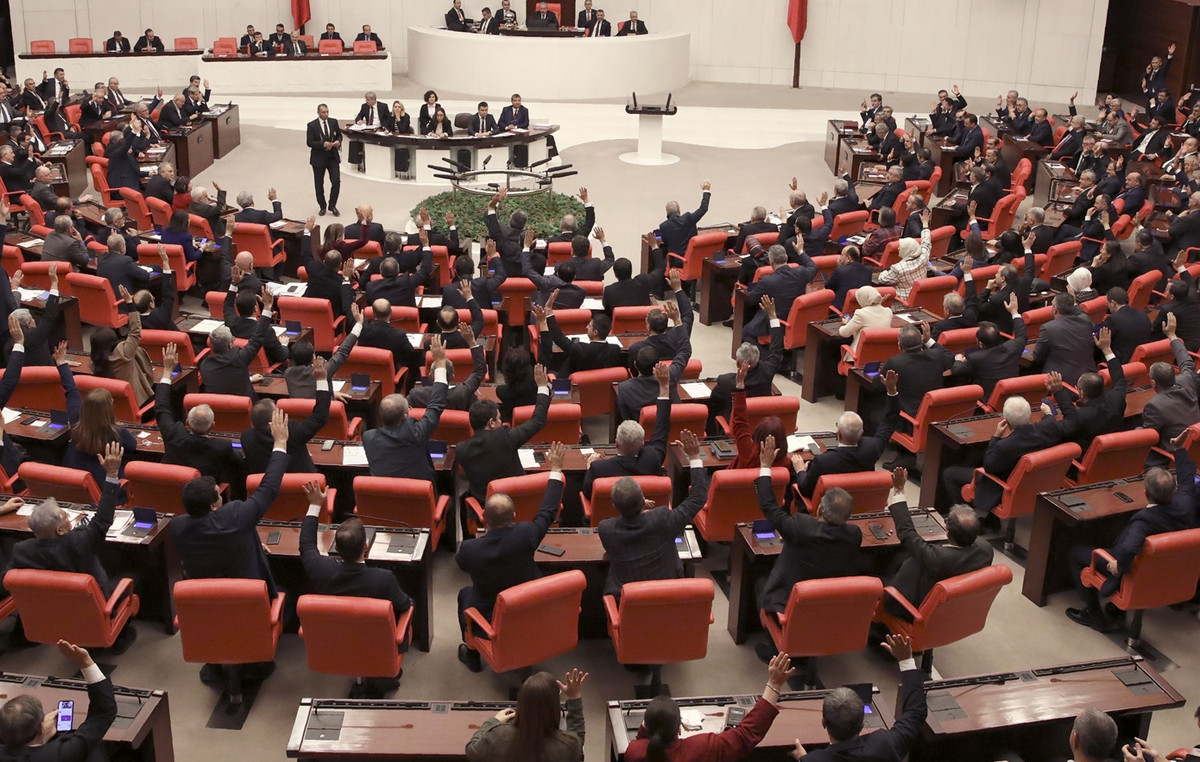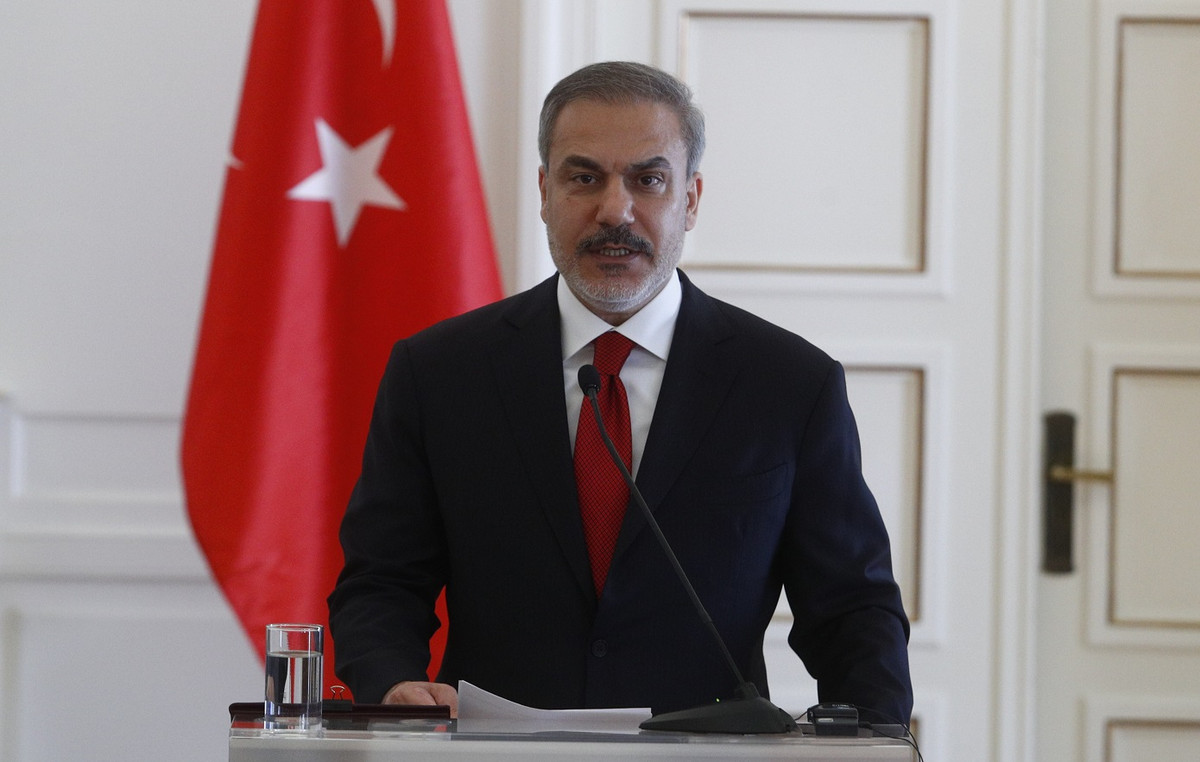Food and energy prices in the euro zone must stop rising, which would help the region avoid the combination of stagnant growth and high inflation feared by economists, the president of the European Central Bank said on Wednesday (30). BCE), Christine Lagarde.
Inflation in Spain has hit 9.8% this month and is expected to stay above 7% in Germany, which should push the eurozone to another record high when the bloc’s data is released next Friday.
Lagarde said the picture for inflation is “fluid” as the war in Ukraine forces economists to constantly revise their economic forecasts.
But she expects energy and food prices, which have hit new highs since Russia’s invasion of Ukraine, to stabilize, albeit at high levels.
“We know we’re going to see higher inflation this year, there’s no doubt about that,” Lagarde said. “But we are also seeing that some of these factors that fuel inflation today, energy and food, will remain high. But we do not estimate that they will continue to rise.”
She acknowledged that the eurozone faces slower growth and higher inflation, but still believes it can avoid “stagflation”, which she defined as “a recession of the economy on a sustainable basis and inflation high and continuing to rise”.
ECB says it will take whatever action is necessary to ensure price stability*
Also on Wednesday, Gabriel Makhlouf, member of the Governing Council of the European Central Bank, reiterated the monetary authority’s commitment to “take any necessary action” to ensure price stability in the euro zone.
In a speech to the Irish parliament, the leader said that it is still too early to form a definitive view on the economic consequences of the conflict resulting from the Russian invasion of Ukraine.
“The war is likely to have a significant impact on economic activity and inflation in the euro area,” he said.
For Makhlouf, who is also chairman of the Central Bank of Ireland, the war in Eastern Europe adds uncertainty to the outlook.
“But in some countries, including Ireland, the effects will be more indirect than in others, although that doesn’t mean they will be negligible,” he argued.
*With Estadão Content
Source: CNN Brasil
I am Sophia william, author of World Stock Market. I have a degree in journalism from the University of Missouri and I have worked as a reporter for several news websites. I have a passion for writing and informing people about the latest news and events happening in the world. I strive to be accurate and unbiased in my reporting, and I hope to provide readers with valuable information that they can use to make informed decisions.







